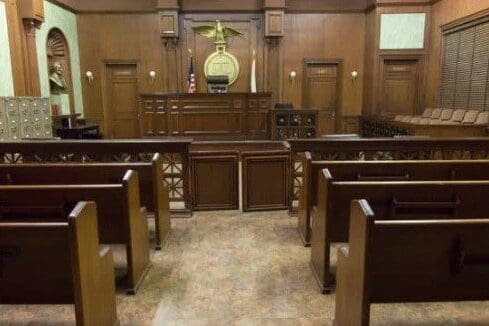What To Do When a Loved One Dies – Navigating Probate with an Attorney
When a loved one dies, the emotional toll can be overwhelming. In addition to grieving, numerous legal and financial matters need to be addressed. Even if all assets were jointly owned with a spouse, navigating the probate process can be complex. This is where the expertise of an attorney becomes invaluable. Here’s a guide on…







